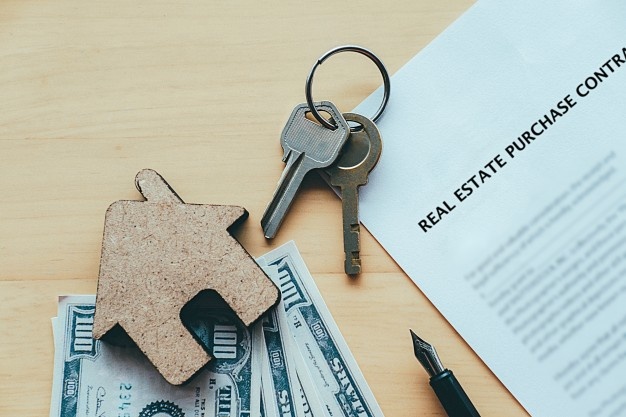Can buyers sue sellers for failure to disclose information about the house? As a buyer, you deserve to know about every problem with the house, from the leaky roof to the small colony of ants hiding in the cabinet.
If the seller fails to disclose a problem to you during the property transfer process, should you start calling lawyers, or can you settle this issue yourself outside of a courtroom? It all depends on the real estate disclosure laws and how far along in the purchase process you are.
Real estate disclosure laws
Real estate disclosure laws differ, but sellers are required to disclose info to a prospective buyer that could affect the property value. That could be anything from a termite infestation to a property line dispute with a neighbour.
Sellers must volunteer information about their property to the buyer; it’s not enough to just wait for a buyer to ask a question and answer honestly. Hence, that information is shared through a disclosure form, where a homeowner outlines details about the house. That form will include negative information as well as basic facts such as the square footage.
Sellers do not have to disclose something that they don’t know about. But if it can be proven that something was known and omitted, a seller can get in big trouble.
A seller may be liable to the buyer for the nondisclosure of material facts, negligent misrepresentation of facts, intentional misrepresentation of facts, or suppression or concealment of facts.
Should buyers sue sellers for failure to disclose before the sale?
If the seller fails to disclose information about the house but you haven’t yet signed on the dotted line, you may be able to cancel the purchase. Cancelling the purchase could be a lot less costly and time-consuming than suing the seller.
The law guarantees that a buyer the right to cancel a transaction due to the discovery of certain facts during the transaction.
Most real estate attorneys recommend including contingencies in the residential purchase agreement that will give buyers an out, and require any money held in escrow be returned to them. If your contract has this contingency in place, you should be able to cancel the transaction and walk away without losing anything but your time.
Should you sue a seller for failure to disclose after the sale?
Things get more complicated if you buy the property. That’s when you may land in a courtroom, but a lawsuit could still be avoided.
The dissatisfied buyer can contact the seller to determine whether the parties can work out an agreement or settlement of the issues.
In fact, some purchase contracts will contain a provision that the buyer and seller must try mediation before the filing of a lawsuit. While other purchase contracts will require that disputes between the buyer and seller must be arbitrated, rather than litigated in court.
If you do end up suing the seller, you could seek monetary damages for the seller’s failure to disclose information or misrepresentation of the property. The amount you sue for can include damages for the difference between the amount that the buyer paid and the fair market value of the property at the time of the sale














